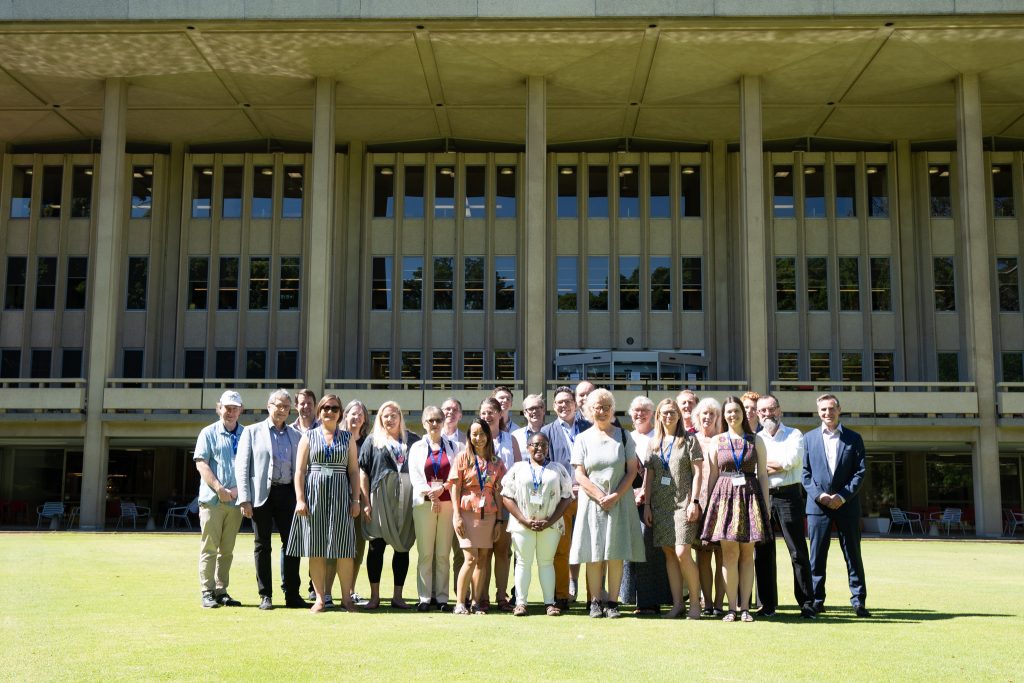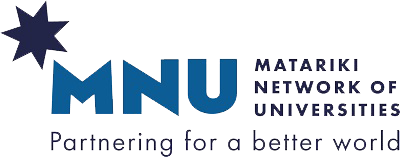Matariki Humanities Forum 2019
The Matariki Humanities Network was held 1st – 5th December 2019 at the University of Western Australia. This meeting was the first in a new series of meetings combining the academic and library streams and there were 24 attendees representing all seven Matariki partner institutions.
The beginning of the new series of meetings provided an opportunity for the group to reflect on the achievements of the Network over the past seven years. Collaborative projects have included teaching exchanges between Tubingen and Uppsala, and data sharing for cross-institutional benchmarking.
The meeting commenced with a world café and attendees discussed common challenges facing digital humanities such as resourcing, nomenclature, institutional structures and culture. The ability to share practice, collaborate on joint projects and influence strategies at our respective institutions were seen as opportunities presented by the Matariki Humanities Network.
Attendees enjoyed the opportunity to meet participants from the Matariki Oceans and Blue Economy Workshop at three joint events, including a panel session exploring multidisciplinary approaches to ocean science and education. It was felt that multidisciplinarity is important to all Matariki partner institutions and future meetings would also be enriched by including this aspect.
The presentations across the week highlighted that researchers across the Matariki Humanities Network are using a wide range of digital technologies and methods. Some examples include the use of airborne lidar and drones to uncover the earliest human colonisation of Australia, aerial photography and photogrammetry to create 3D recordings of funerary landscapes of some of the oldest monumental structures in the world, crowdsourcing and student projects to bring buried African American history to digital life for the benefit of the community and future scholars, and textual analysis to reconstruct 16th century lectures from one of Germany’s oldest universities.
A number of presentations on cultural heritage preservation highlighted issues such as the politics of memory and the ongoing resourcing needs to preserve cultural heritage materials. Attendees reflected that these presentations in particular reminded them about the important role of the Humanities in preserving and guarding the truth for future generations.
Despite infrastructure and resourcing having been identified as a common challenge, a number of presentations highlighted the benefits of multi-institutional collaboration to overcome these barriers. Examples included the proposed Western Australian Digitisation Centre and Kalliope.
A common theme that emerged over the week was around digital humanities skills and the development of curriculum and these discussions resulted in the establishment of a collaborative project (see below). A number of institutions also presented different models for digital humanities support from Otago’s Digital Humanities Hub through to embedded digital humanities research support via dedicated digital scholarship librarians at Uppsala.
The meeting resulted in four joint projects that will build on the meeting discussions – more information coming soon!

